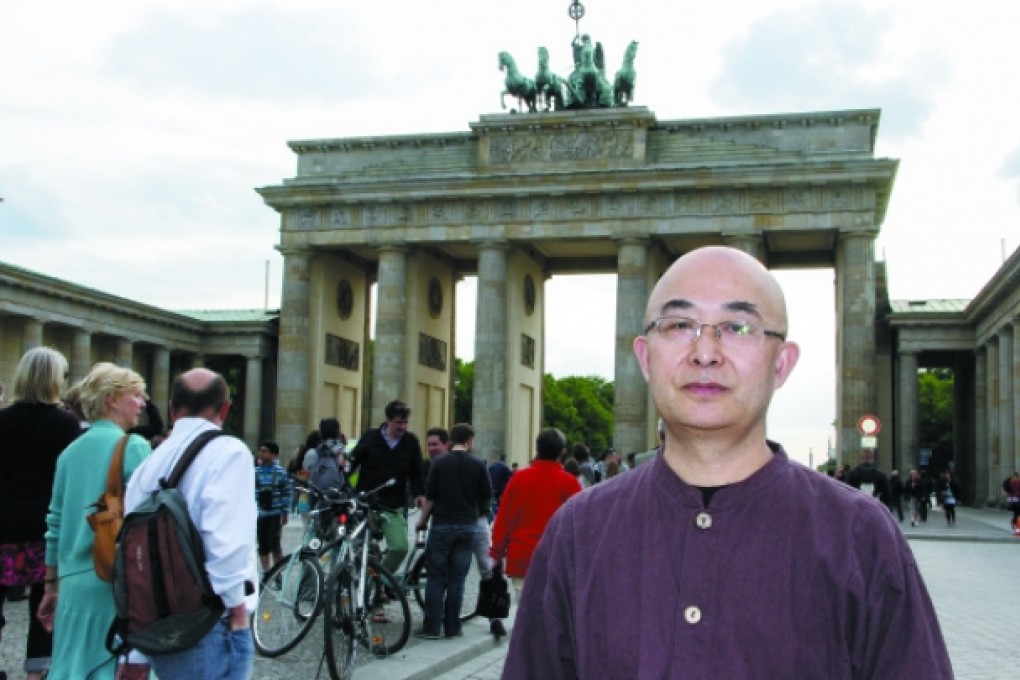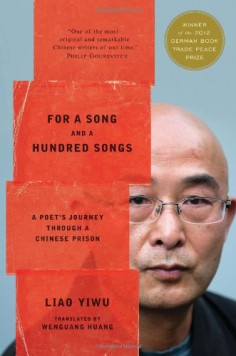A way with words
Having fled to Germany in 2011, dissident writer Liao Yiwu continues to do what he does best - wield his mighty pen. He talks to Shirley Lau about how June 4 and the prison sentence that followed changed his world

Liao Yiwu walks in, expressionless. It is a sunny afternoon and warm in the cafe of Berlin's Academy of Arts. He makes eye contact from across the room but immediately breaks it and turns to his literary agent. When he finally steps forward, a minute later, he holds out his hand - a shy shake.
He has no intention of making chit-chat, the Chinese dissident says, but he is, apparently, in the mood to congratulate himself. Two minutes into our meeting, he points out that his new book sold 20,000 copies in Germany within two weeks of its release. In between sips of coffee, he says that he has a great deal of readers in Europe and that "I am quite famous and have considerable influence in the West".
Perhaps he has good reason to sound a bit smug. A sizeable crowd is lining up near the academy's entrance for an observance marking the 80th anniversary of a Nazi book-burning event, wherein Adolf Hitler's followers tossed thousands of books filled with "un-German ideas" onto a bonfire in central Berlin. Liao is among an international cast of renowned speakers that has been invited to address the gathering.
Since he arrived in Berlin, in July 2011, after having slipped across the Chinese border into Vietnam, the Sichuan native has become known in the West as a brave writer, musician and dissident who persevered with his literary pursuits in his home country despite being under the watchful eye of the authorities and harassment by the police. He is best known for having penned the bestseller (2008), a colourful collection of stories about real people from the lowest rungs of Chinese society, and, most recently, for winning the German Book Trade Peace Prize for 2012.
Readers in the West, he says, "see a high literary value in my work. They also see me as a window through which they understand China". Long-time journalist Philip Gourevitch has said Mark Twain, Nikolai Gogol and George Orwell would have recognised Liao "at once as a brother in spirit and in letters". In the foreword she pens for Liao's newly released prison memoir, , Nobel literature laureate Herta Muller compares Liao with author Boris Pasternak in terms of the political pressure both men endured before their works saw the light of day.

Liao started writing the book in his cell, on the backs of envelopes and scraps of paper that his family had passed furtively to him. In 1995, a year after he was released, the police raided his home and seized the manuscript. It took him three years to complete a second version, only to have that confiscated in 2001. Each time his work was taken, he "felt utterly hopeless but decided to start all over again".
